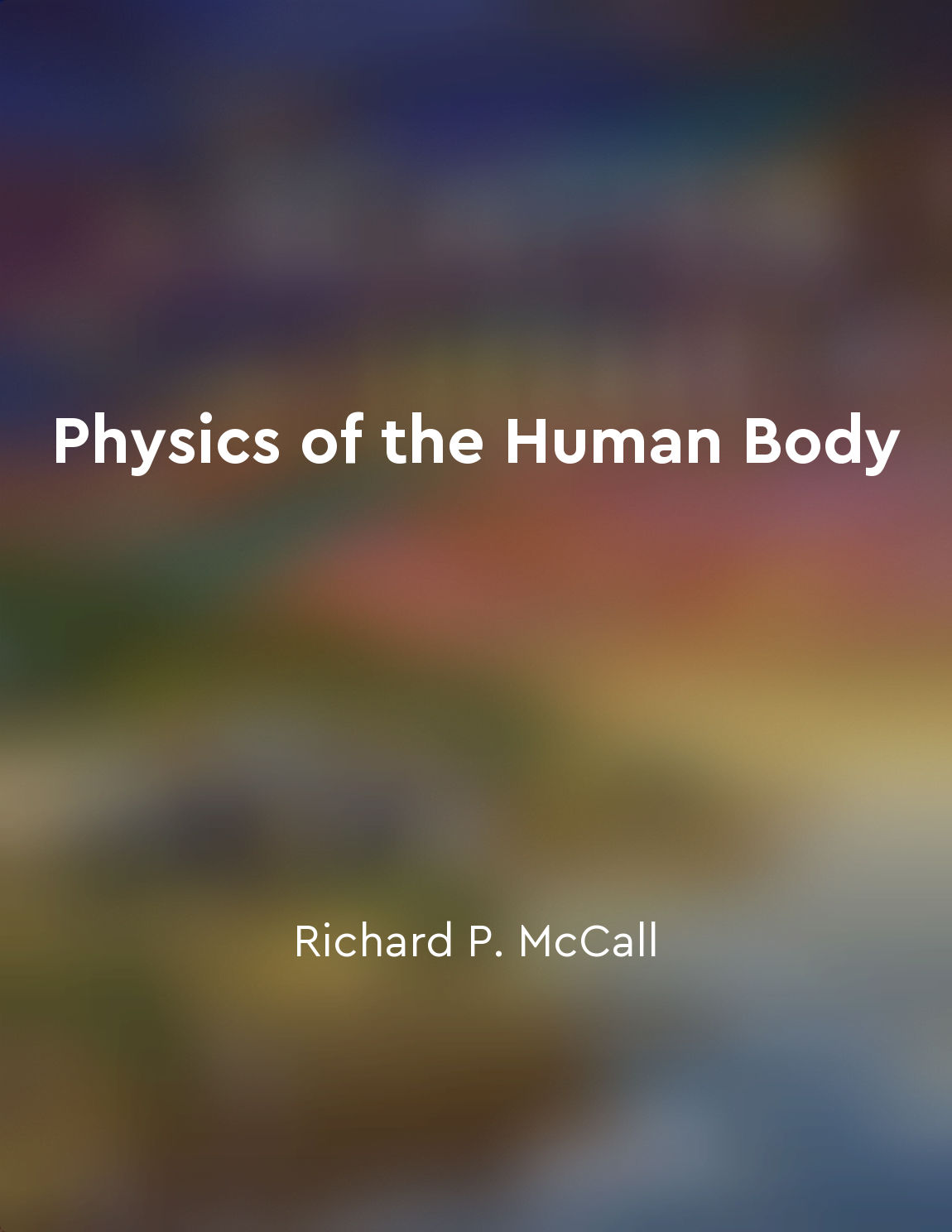Audio available in app
Attention acts as a filter, directing cognitive resources to relevant stimuli from "summary" of Cognitive Neuroscience by Gazzaniga,Michael,Ivry,Richard B.,Mangun,George R.
Attention serves as a vital mechanism in cognitive processing, effectively sifting through the myriad of stimuli that bombard the senses at any moment. By prioritizing certain inputs over others, this mechanism allows individuals to focus on what is most relevant to their current goals or tasks. When confronted with a complex environment, the brain must allocate its limited resources strategically. This allocation is not arbitrary; rather, it relies on both intrinsic factors, such as personal interests and motivations, and extrinsic factors, including the salience or novelty of stimuli. For instance, a sudden loud noise may capture attention instantaneously, while a conversation with a friend requires sustained focus. The neural underpinnings of this selective process involve several brain regions, particularly those associated with executive functioning and sensory processing. Structures such as the prefrontal cortex and parietal lobes play crucial roles in determining which stimuli receive enhanced processing. Through intricate neural networks, attention modulates sensory input, amplifying relevant signals while dampening distractions. The effects of this cognitive filtering are observable in various everyday scenarios. In a crowded room, one can engage in a meaningful conversation while filtering out background noise. This selective enhancement not only improves perceptual clarity but also aids memory formation, allowing salient information to be encoded more effectively.- The ability to focus cognitive resources on pertinent stimuli is fundamental for effective functioning in a complex world. This filtering process optimizes both perception and cognition, ensuring that individuals can navigate their environment with purpose and efficiency.
Similar Posts
The brain is constantly processing information at a subconscious level
The brain is a master at multitasking, with countless processes happening simultaneously. Even when we are not consciously awar...
Memory is essential for problemsolving
In the world of memory athletes, the ability to remember vast amounts of information is not just a party trick – it is a skill ...
Embracing solitude can lead to a deeper understanding of oneself
The idea that spending time alone can facilitate a more profound apprehension of oneself is hardly new. Throughout the ages, po...
Stepping back to reflect allows us to realign our focus with our values
When we find ourselves overwhelmed and scattered, it can be easy to lose sight of what truly matters to us. Our attention gets ...

Levers play a crucial role in body mechanics
Levers are essential components in the study of body mechanics. They are simple machines that can amplify forces and allow for ...
Mindfulness practices can improve our ability to stay present
Mindfulness practices involve training our minds to pay attention to the present moment without judgment. By cultivating mindfu...

Multitasking is the enemy of hyperfocus
When we attempt to multitask, we divide our attention into various tasks, preventing us from fully concentrating on any one of ...

Embracing imperfection and letting go of perfectionism can reduce stress and increase happiness
In our hypercompetitive, hyperactive world, the pressure to be perfect is overwhelming. We strive for flawlessness in every asp...

Prioritize organization to reduce stress
When it comes to managing stress in the workplace, one of the most effective strategies is to prioritize organization. This mea...
Intelligence is not a capacity residing in the mind
Intelligence is often wrongly assumed to be a mysterious power that lurks within the inner recesses of the mind. This notion su...

